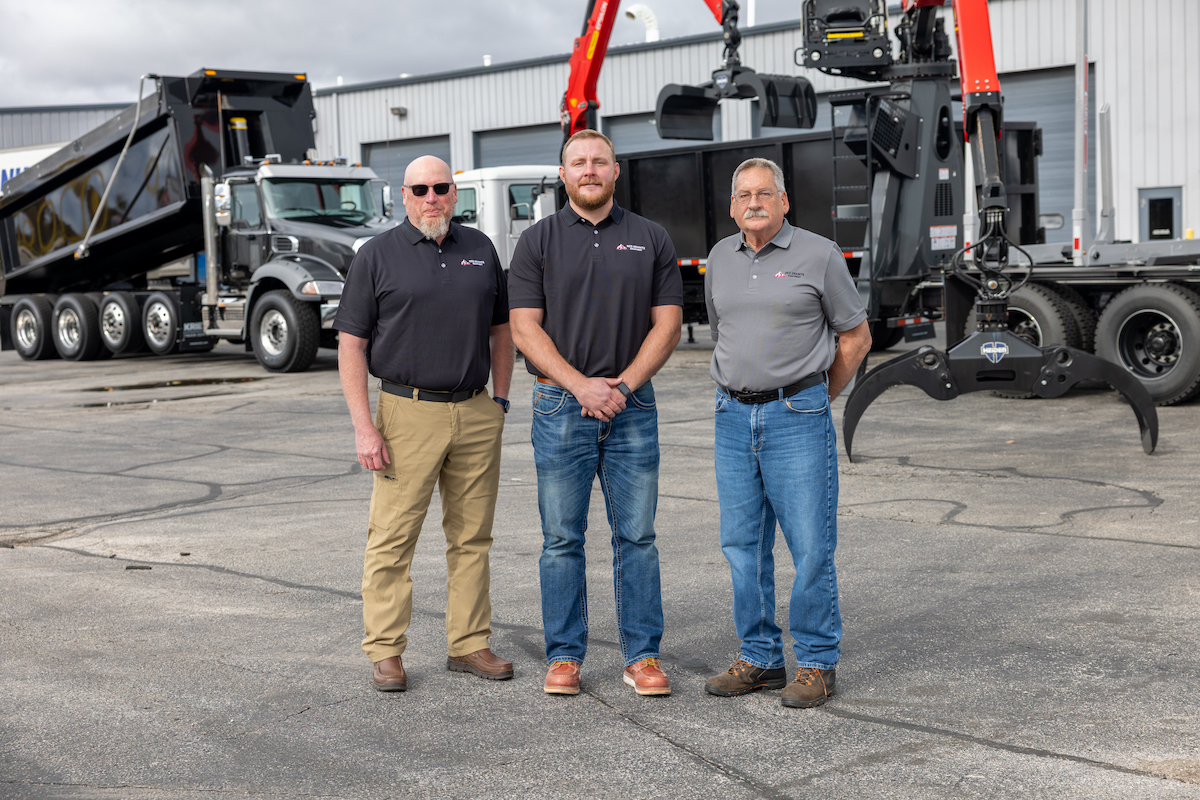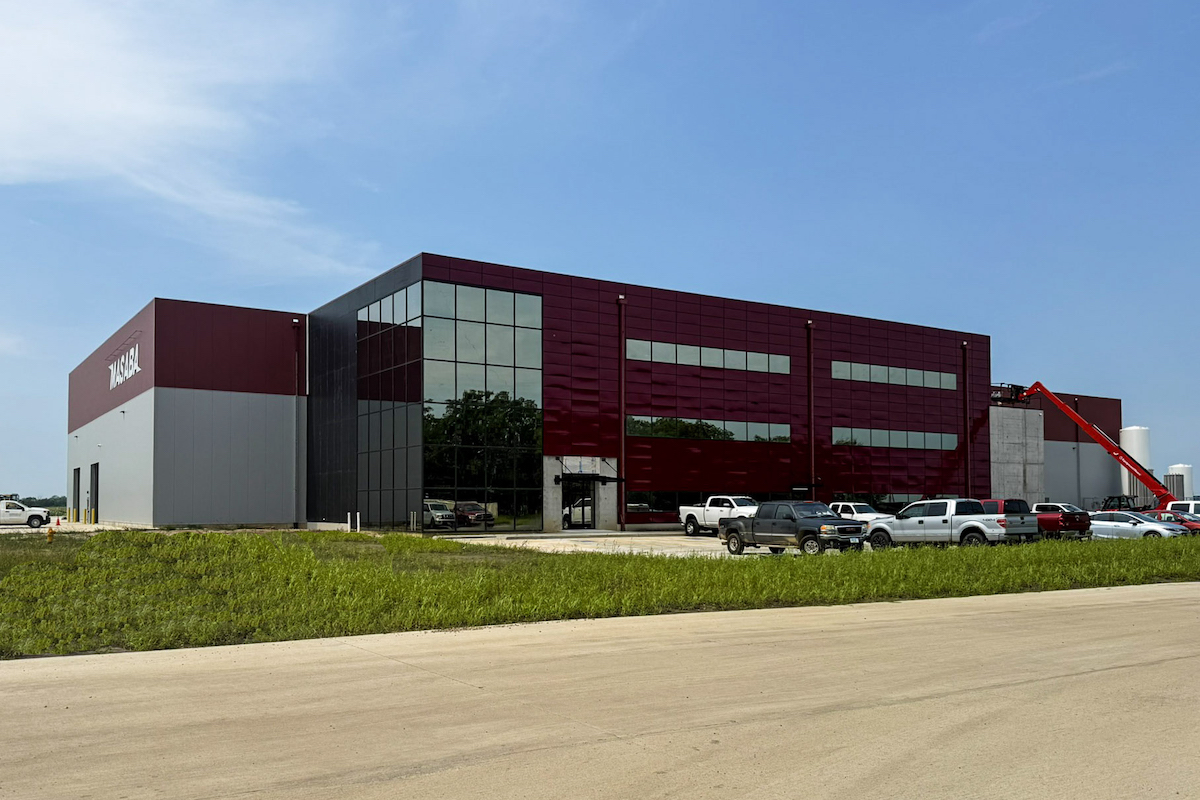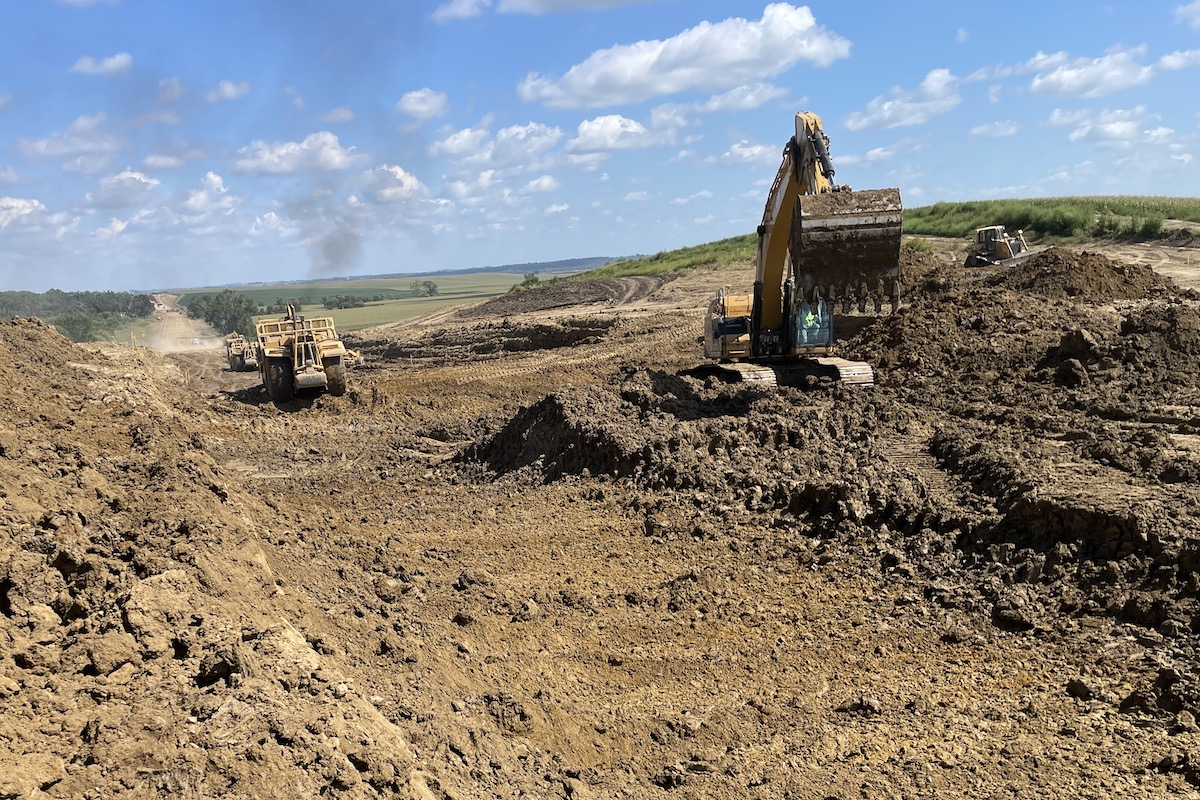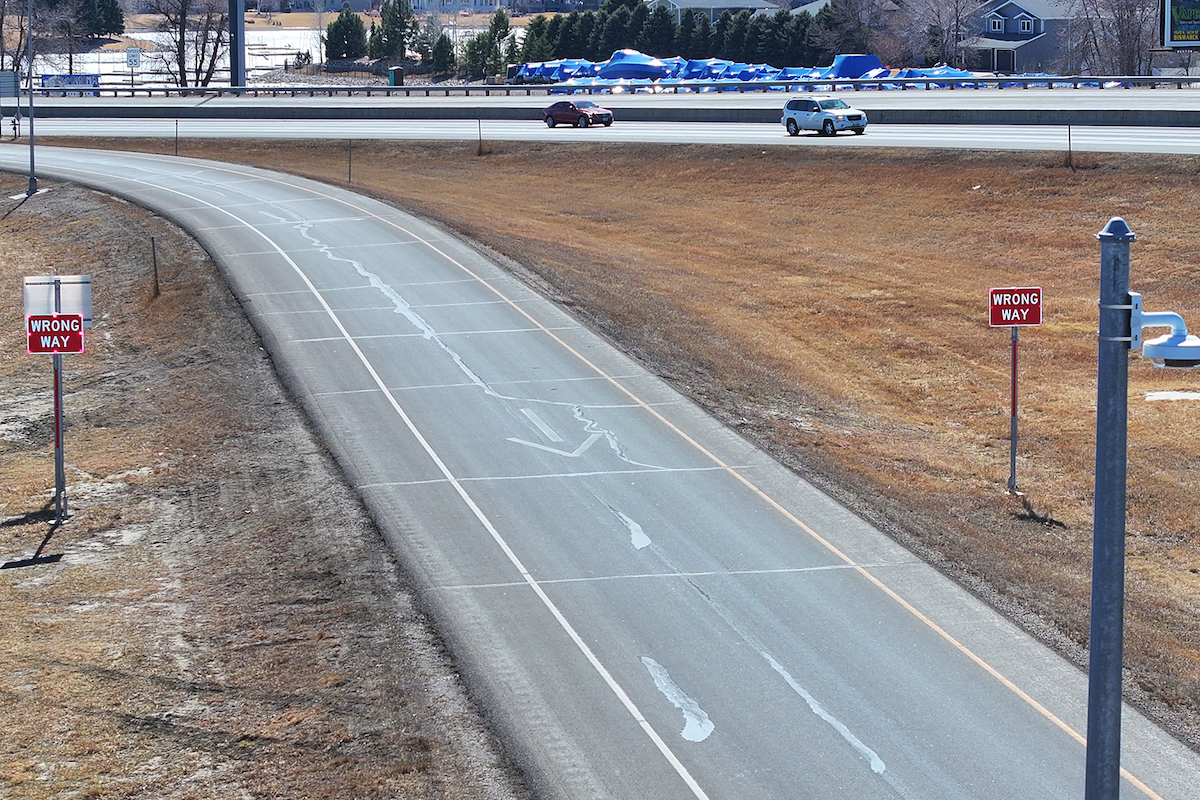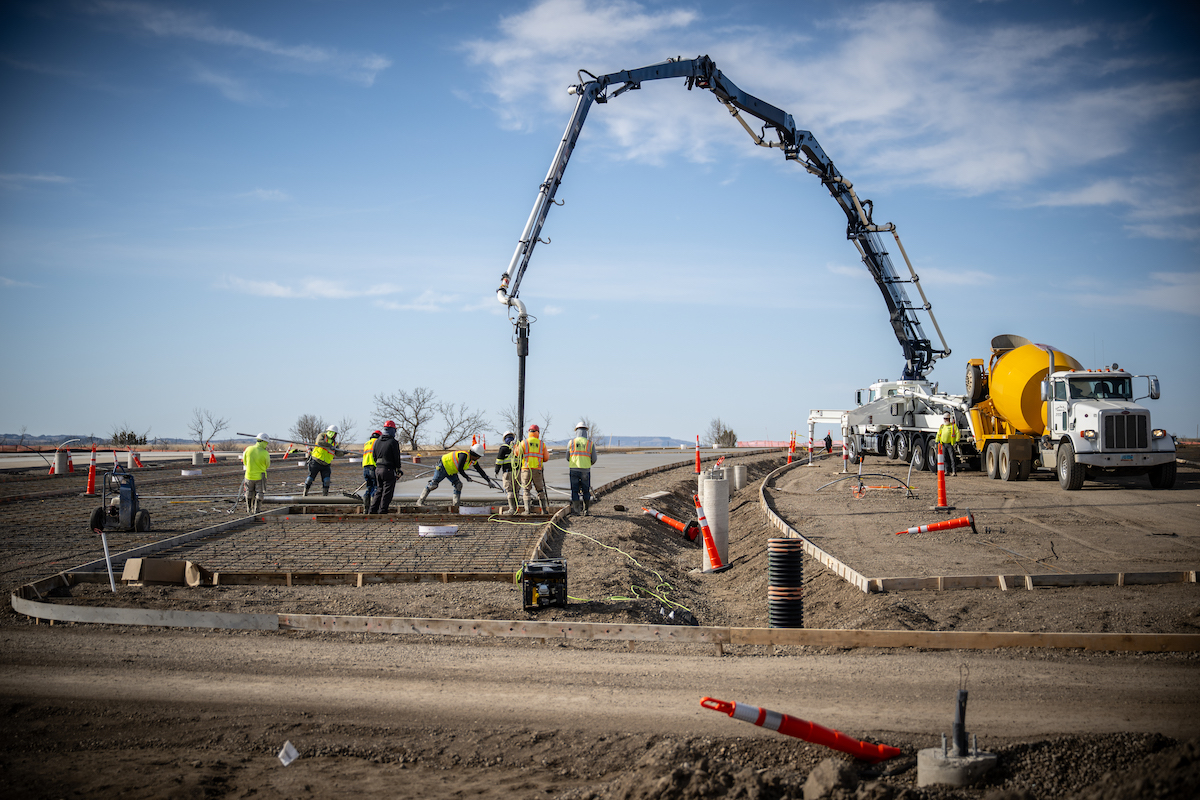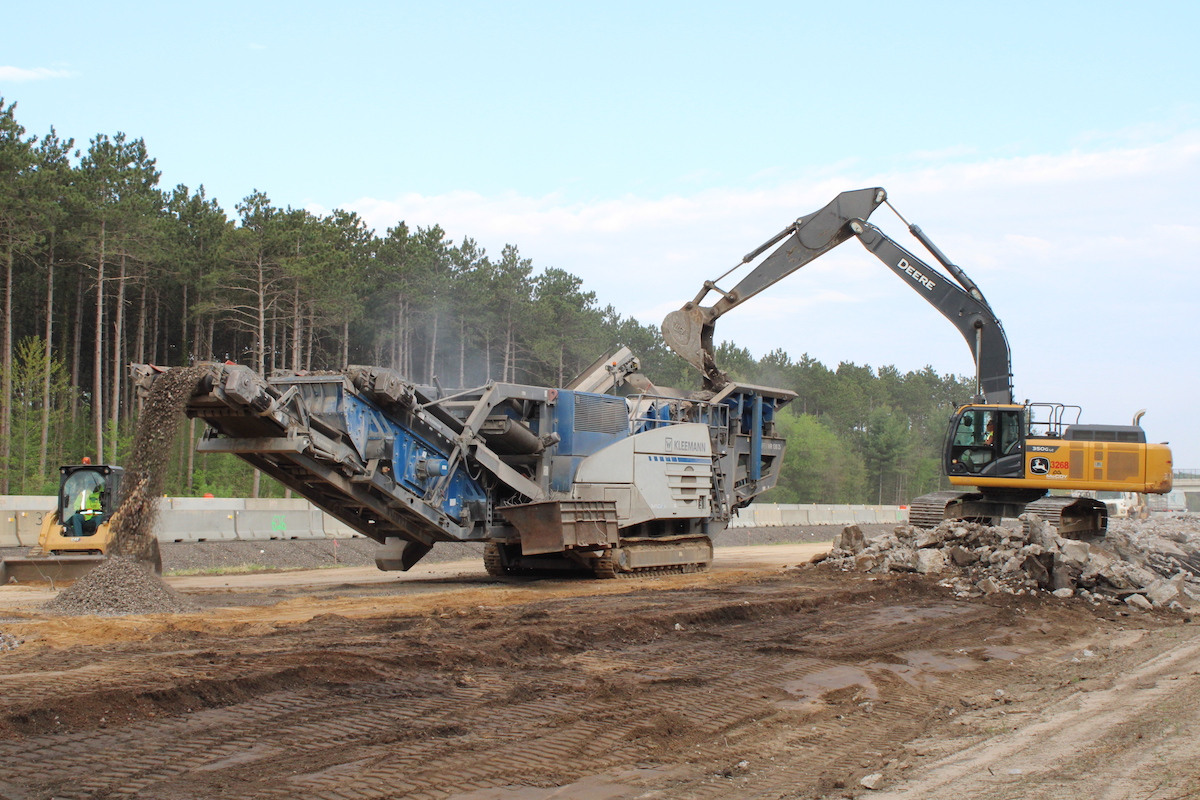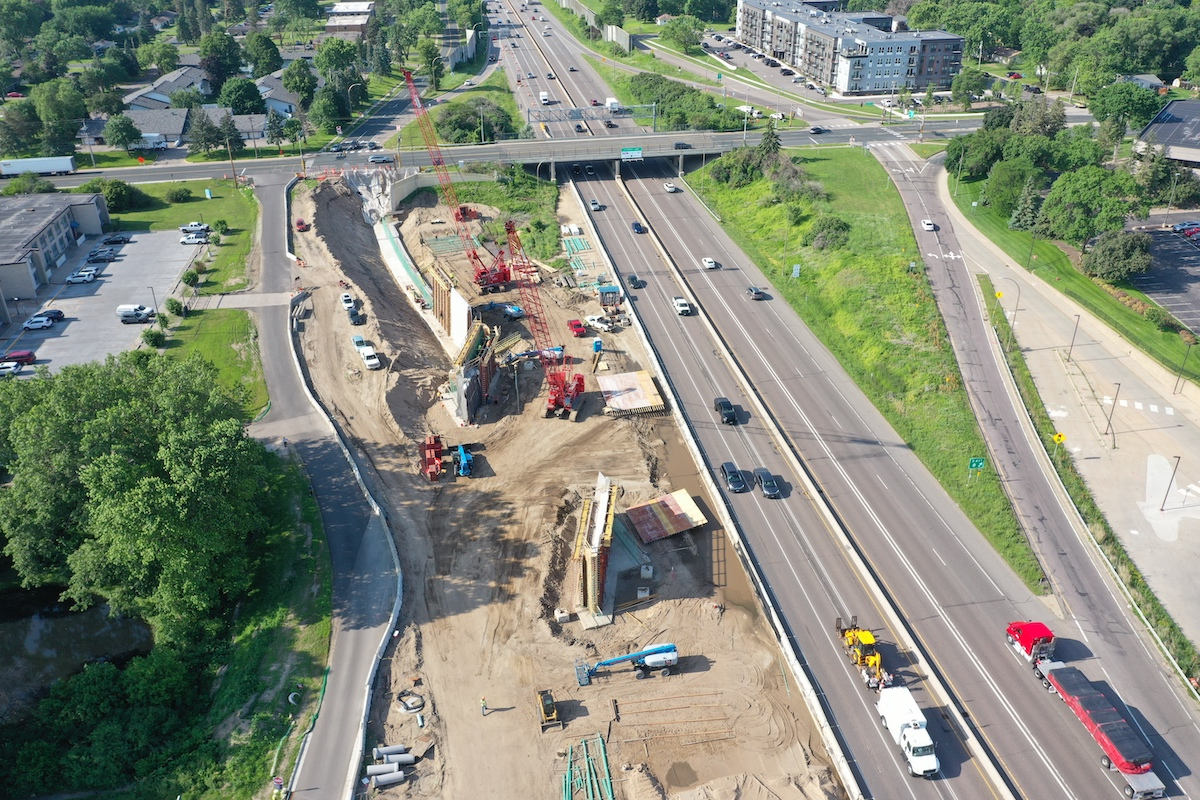Understanding their hesitation, I wanted to provide contractors with concrete proof of the benefits of integrating grade control technology using digital job site workflows. To that end, I partnered with a large fleet customer for a comprehensive trial. Our goal was to quantify the real-world impact of grade control, empowering our clients to make data-driven investment decisions.
The results were eye-opening. The experienced operator initially worked without the technology, relying on traditional grade stakes and his own expertise. While he completed the task, he encountered over-digging and under-digging, necessitating rework. Upon switching to the grade control technology, his performance improved by 11 percent, with cleaner cuts, faster loading times, and no rework required. It turned a B+ operator into an A.
But the real surprise came with the less-experienced operator. Without the technology, his work was slow and imprecise. However, the digital guidance transformed him into a star. His performance surged by 27 percent, with greatly improved accuracy, shorter cycle times, and minimal spillage during loading. The technology elevated him from a C- to a B+ operator.
These results clearly demonstrate the benefits contractors gain from increased operator performance. Grade control technology reduces costly rework, leads to faster project completion times, ensures higher-quality work, and allows contractors to get the most out of their existing workforce. This translates directly into significant cost savings, improved reputation, and a competitive edge within the industry.

| Your local Komatsu America Corp dealer |
|---|
| Road Machinery and Supplies Company |
Faster cycle times translated directly into cost savings across the board, including labor, machine rentals, and fuel consumption. Additionally, operators completed more cycles within the same timeframe, boosting overall equipment and workforce output.
Beyond these quantifiable benefits, the trial revealed an unexpected advantage: enhanced job site safety. Grade control technology reduced the need for workers to be on the ground near the active excavation area.
Traditional methods often require surveyors or other personnel to place stakes or check grades, exposing them to the dangers of moving machinery. By providing the operator with real-time, in-cab guidance, the technology significantly improved safety conditions.
Initially, the customer’s survey crew viewed this technology as a threat to their jobs. However, the lead surveyor soon realized his true challenge was finding and training qualified people. The digital process not only improved the output but also made it more accessible, attracting a new generation of survey workers.
While contractors might focus on the 2D versus 3D debate, the more important distinction is between traditional methods and the integration of digital workflows. Sometimes 2D is sufficient, but for projects with complex layers and reporting requirements, 3D models are indispensable.
As technology continues to evolve and become more accessible — sometimes even mandated — contractors should not fear the change. Instead, they should strategically explore how these advancements can streamline their businesses and unlock new levels of success.
Guy Chason brings 40 years of construction expertise to his role as General Manager at SITECH Southeast Texas. He's dedicated to empowering construction professionals through digital technology education, driving efficiency and effectiveness in the field. He can be reached at GChason@sitech-setx.com.

















